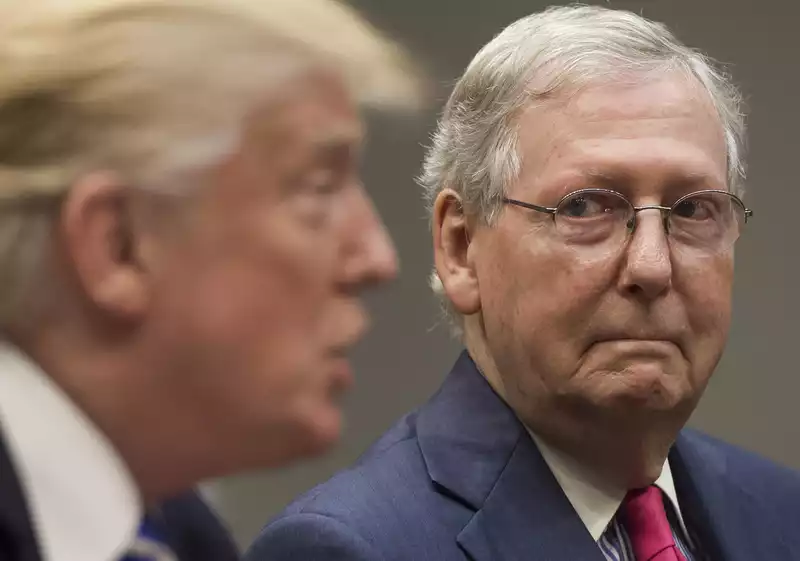On Monday, Senate Republicans unveiled their next stimulus package, a trillion-dollar bill known as the HEALS Act, which includes stimulus checks2 and an extension (but reduction) of federal unemployment benefits
Let's take a look at what Americans can expect if the HEALS Act moves forward
The direct payments included in the HEALS Act are essentially the same as those provided under the CARES Act In other words, a worker earning less than $75,000 per year (if single) or less than $150,000 per year (if married) would expect to receive $1,200 in Stimulus 2
Workers earning more than that (up to $99,000 for single workers and $198,000 for married workers) would receive benefits on a pro-rated basis
However, those with dependents would get slightly more through Stimulus Package 2 the Heals Act would extend the $500 benefit to all dependents, including adult dependents with no income under the CARES Act, this benefit was provided only to children under age 16
This expansion is similar to that proposed by House Democrats under the HEROES Act passed in May, which would provide the full $1,200 per dependent and up to $6,000 per family
To find out how much you could receive under Stimulus 2 under the HEALS Act, enter your tax information into the Stimulus 2 calculator Also, if you have not yet received your first relief payment, check your status on the IRS Get My Payment app or call a representative at the IRS stimulus phone number
The CARES Act provided an additional $600 per week in federal unemployment benefits to workers in state unemployment programs This provision expires on July 31
The HEALS Act continues federal unemployment benefits, but at a reduced amount and for a limited time
Senate Republicans have proposed a federal subsidy of $200 per week for two months, during which time states are expected to move to a system that provides benefits up to 70% of a laid-off worker's wages
Some legislators have expressed hesitation about the ability of states to implement new benefit plans in that short period of time
The HEALS Act also provides funding to support schools to be reopened in COVID-19 and a second round of funding for payroll protection programs (PPPs) aimed at helping small businesses
It does not include a payroll tax cut, which was pushed by the White House but rejected by many House Democrats and Senate Republicans
Senate Republicans and House Democrats reached an agreement and President Trump must sign the final bill There is a sense of urgency as the current federal unemployment benefits expire and the Senate is scheduled to go into its next recess on August 10










Comments